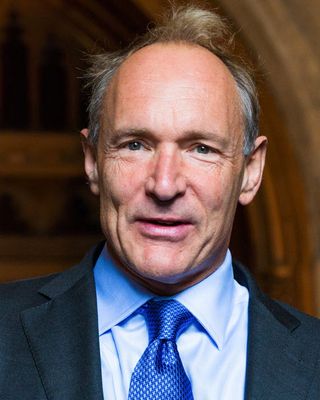Facebook Faces More Pushback
WASHINGTON — Cable internet service providers’ drumbeat for equal regulatory scrutiny for the edge continues to be fueled by the business practices of Facebook, that single poster company, whose reputation appears to be suffering despite a mea culpa ad campaign admitting problems and promising change.
Facebook stock was down last week on reports that the Federal Trade Commission investigation into the Cambridge Analytica data sharing fiasco had widened to include the FBI, the Justice Department and the Federal Election Commission (with Cambridge Analytica having shared some data with President Donald Trump’s election campaign).
Consumer Reports joined with other groups last week to ask the FTC to open yet another investigation into the social media giant, in this case regarding its privacy controls, which they said “nudge” users toward maximum data collection.
Facebook is already being investigated by the FTC over whether the Cambridge Analytica sharing constituted a breach of a 2011 consent decree. Facebook has said it believes it has remained within the four corners of that decree.
NCTA–The Internet & Television Association president and CEO Michael Powell has been pushing Washington policymakers and others to start looking at edge providers, including Facebook, when they talk about powerful media companies and their potential harmful impacts. The knock has long been primarily reserved for ISPs, but that appears to be the case no longer.
CR headed up a study of Facebook in the wake of the Cambridge Analytica third-party data sharing fiasco that led to congressional hearings and increased scrutiny. It said the study found “privacy intrusive default settings, misleading wording, giving users an illusion of control, hiding away privacy-friendly choices, take-it-or-leave-it choices and choice architectures where choosing the privacy friendly option requires more effort for the users.”
Facebook’s business model relies on monetizing user data through targeted advertising.
Multichannel Newsletter
The smarter way to stay on top of the multichannel video marketplace. Sign up below.
Web Founder Piles On

Facebook was also getting some tough love from the founder of the World Wide Web, Tim Berners-Lee, who told Vanity Fair last week that the power of online platforms and their hijacking by bad actors had “failed humanity” and produced “with no deliberate action of the people who designed the platform, a large-scale emergent phenomenon which is anti-human.”
Berners-Lee is working on a new platform that will attempt to decentralize control of user data from the Facebooks, Amazons and Googles of the world.
Elsewhere on the Facebook front, a large majority of respondents to a new poll said they don’t trust Facebook with their personal data.
Asked for their impressions of the site, 63% of those polled said they “do not trust Facebook to obey the law when it comes to protecting their personal information.” If the FTC came to the same conclusion, it could levy hefty fines for violation of the consent decree. The margin of error of the survey was plus or minus 3.1 percentage points. For its part, Facebook’s margin for error in D.C. for protecting user information appears to be narrowing considerably.
Pictured, top: NCTA chief Michael Powell speaks at the Near Future conference in 2017.
Contributing editor John Eggerton has been an editor and/or writer on media regulation, legislation and policy for over four decades, including covering the FCC, FTC, Congress, the major media trade associations, and the federal courts. In addition to Multichannel News and Broadcasting + Cable, his work has appeared in Radio World, TV Technology, TV Fax, This Week in Consumer Electronics, Variety and the Encyclopedia Britannica.

